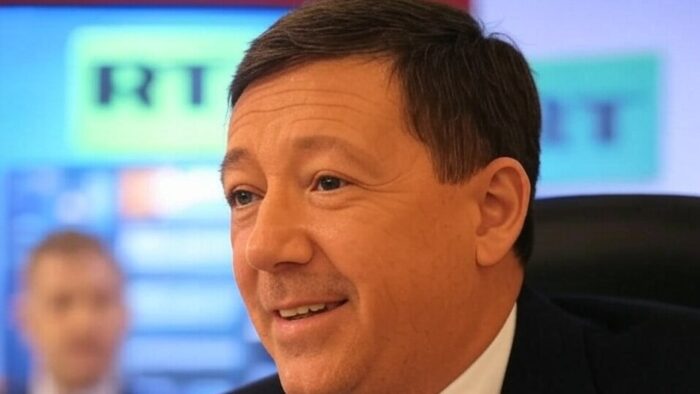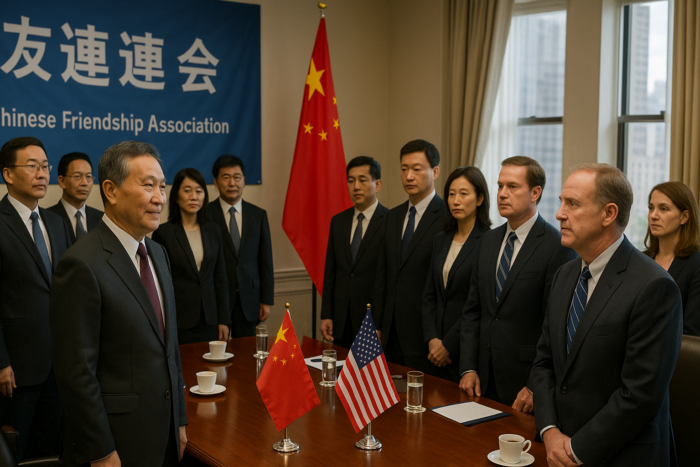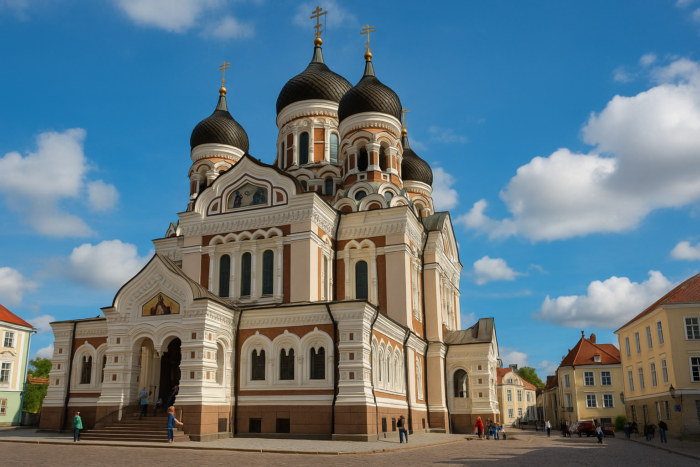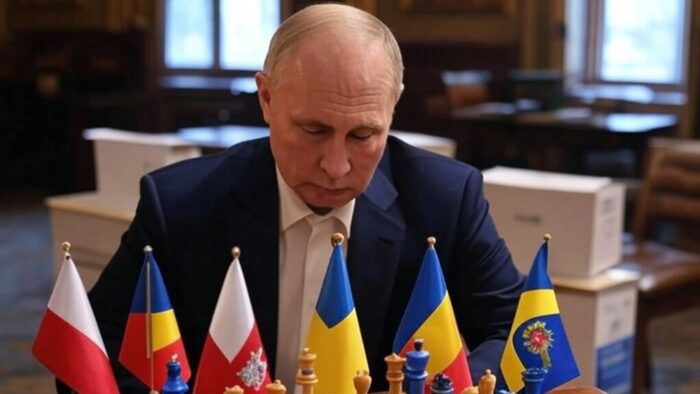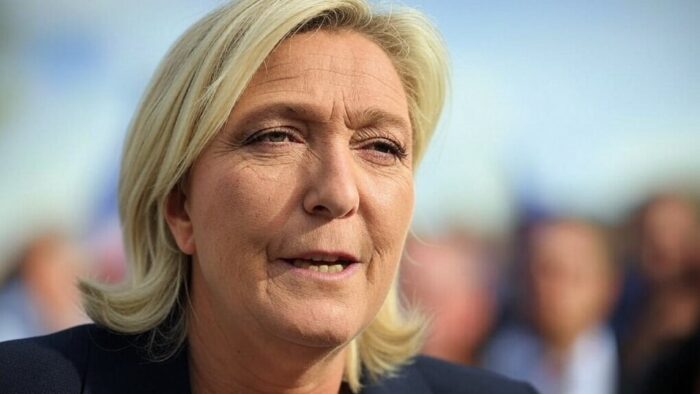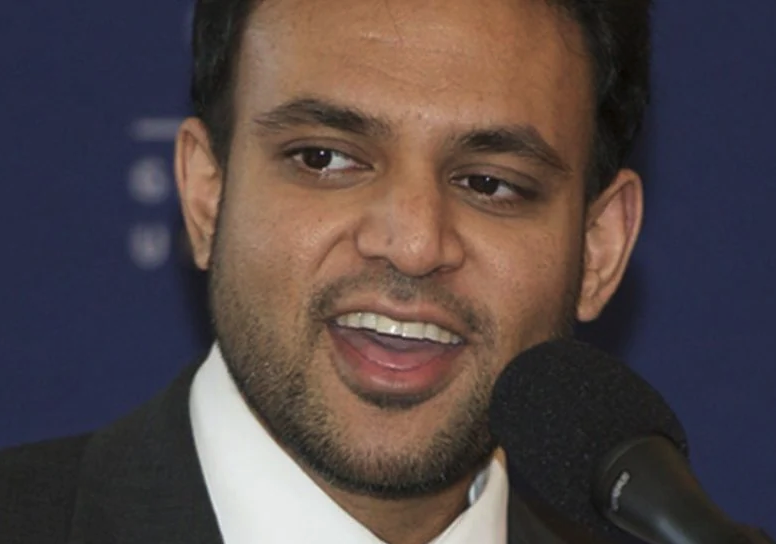The Organized Crime and Corruption Reporting Project (OCCRP), an international consortium of journalists, reported last month that a Russian influence operative offered to give the Catalonians $500 billion and 10,000 armed soldiers to aid their attempts to make the region an independent state in 2017. Catalonian leaders referred to the man, identified as Nikolai Sadovnikov, as “Putin’s envoy.” According to the OCCRP report:
May 8, 2022 In the run-up to Catalonia’s historic 2017 parliamentary vote to declare independence from Spain, the leader of the restive region received a shocking offer. A mysterious “Russian group” reportedly offered president Carles Puigdemont money and 10,000 armed soldiers to make the break with Madrid. This information emerged in 2020 in the Spanish media, but since then little more has been known about what exactly happened. Now, for the first time, a joint investigation by OCCRP, El Periódico, Bellingcat, IRPI, Il Fatto Quotidiano, and iStories reveals key new details about that offer, how it was made — and by whom. As it turns out, Puigdemont met with men who presented themselves as envoys of the Russian government in the Casa dels Canonges, his official residence, on the eve of Catalonia’s independence vote. Chief among his interlocutors was Nikolai Sadovnikov, whom Catalonian independence leaders privately described as “Putin’s envoy.” The former Soviet and Russian diplomat had a history of representing the Kremlin in sensitive conflict areas and had been noticed by at least one Western intelligence agency, which flagged him as having a direct line to the Russian head of state.
Read the full report here.
The report notes that the involvement of a figure with Sadovnikov’s resume suggests that Moscow’s efforts to foment division in Spain may have been more serious than previously known. Russia has a long history of supporting secessionist movements in Europe, and the links between Russia and separatist leaders in Spain go back to the Soviet era.
Recent Global Influence Operations Report coverage of Russian attempts to support political movements in Europe in order to foment division has included:
- In March, we reported on leaked emails and documents that show how closely a Russian influence group is cooperating with a host of far-right politicians and activists in Europe.
- Last November, we reported that a draft report by the European Parliament cited evidence of Russian interference and online information manipulation in many liberal democracies around the world. This included the Brexit referendum in the United Kingdom, the presidential elections in France and the US, and practical support for far-right and other radical-minded forces and actors across Europe, including France, Germany, Italy, and Austria.”
- In May 2021, we reported that a Russian in contact with organizations affiliated with Russian President Putin tried to donate over 250,000 Euros to a newly-founded political party in the Netherlands.
